Every year for decades, Nobel Peace Prize Laureate Daw Aung San Suu Kyi has held a memorial service in honor of nine politicians, including her father, who were assassinated six months before Myanmar gained independence from Britain. This year’s service on 19 July marked the seventieth anniversary of General Aung San’s death.
Originally initiated by Ms. Aung San Suu Kyi and her mother, the annual memorial service has become an important space for uniting diverse groups in prayer and peace over many years.
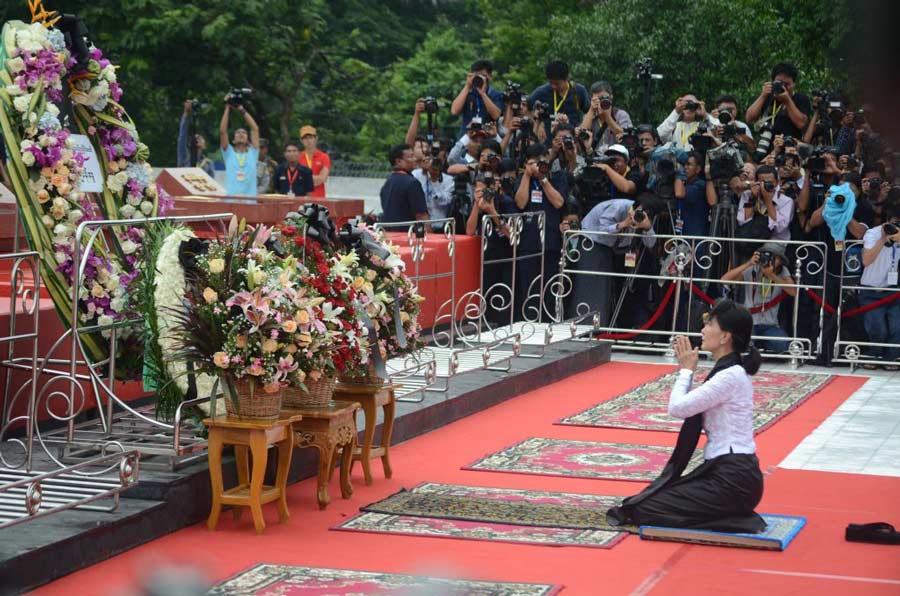
In the majority Buddhist Myanmar, Ms. Aung San Suu Kyi this year sought to specifically bring together minority religious groups, including Baha’i, Christian, Hindu, Jewish, and Muslim religious leaders. During the commemoration, she spoke warmly of the Baha’i community and its teachings on unity.
Ms. Aung San Suu Kyi has long been known for her commitment to promoting peace. She was awarded the Nobel Peace Prize in 1991 in recognition of her leading a non-violent struggle for democracy and human rights. This came against the backdrop of civil and ethnic conflict that had plagued the country since the mid-1900s, when it gained independence after more than a century of colonization. Over the past several years, Myanmar has been in a period of marked transition, gradually opening up to the world.
“Aung San Suu Kyi realizes the role of religious leaders is very important for nation building and peace so she organized such a gathering,” said Auxiliary Bishop John Saw Yaw Han who attended the event, as reported by ucanews.com.
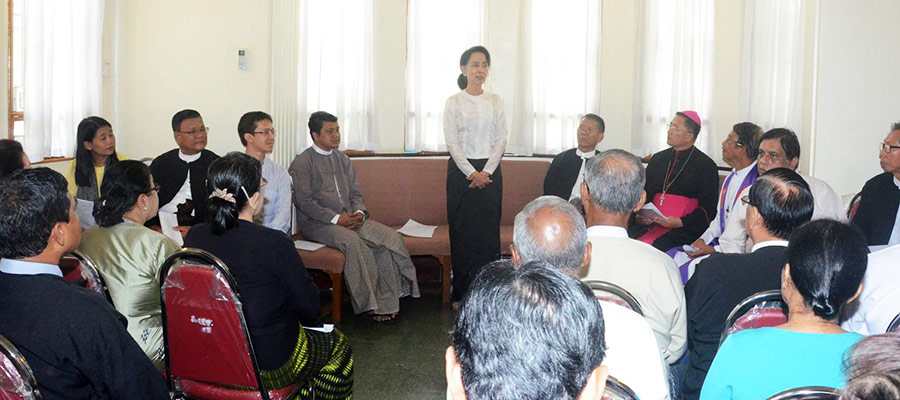
Aung San Suu Kyi gives a speech at an interfaith memorial service on 19 July. (Photo courtesy of Myanmar’s Ministry of Information)
Another participant, U Saung Lwin Aung, a Muslim leader from Yangon, told UCA News, “The gathering of all religious leaders is very important as hate speech is growing in the country, so we must join hand in hand to fight it through love speech.”
“As the unity of the human race and the need to eliminate all forms of prejudice and establish peace are among the foremost principles of Baha’u’llah’s teachings, the quest for peace in Myanmar is very dear to the hearts of the Baha’is here,” said U Myint Zaw Oo, a representative from the Baha’i community reflecting after the meeting on the significance of bringing together the diverse religious leaders on that momentous occasion:
Aung San Suu Kyi (center left) with representatives of the Baha’i community of Myanmar (from left to right: U Shwe Thee, U Myint Zaw Oo, U Tin Win)
The basis of the teaching of Baha’u’llah is the Unity of Mankind, and his greatest desire was that love and goodwill should live in the heart of men.
As He exhorted the people to do away with strife and discord, so I wish to explain to you the principal reason of the unrest among nations. The chief cause is the misrepresentation of religion by the religious leaders and teachers. They teach their followers to believe that their own form of religion is the only one pleasing to God, and that followers of any other persuasion are condemned by the All-Loving Father and deprived of His Mercy and Grace. Hence arise among the peoples, disapproval, contempt, disputes and hatred. If these religious prejudices could be swept away, the nations would soon enjoy peace and concord. – Abdu’l-Baha, Paris Talks, pp. 45-46.
The Baha’i community in Myanmar is one of the oldest in the world, dating back to the time of Baha’u’llah when, in 1878, two believers introduced the Baha’i Teachings to the people of Myanmar (referred to as Burma at the time). From that point onward, the nascent community grew quickly and became well-established in the country.


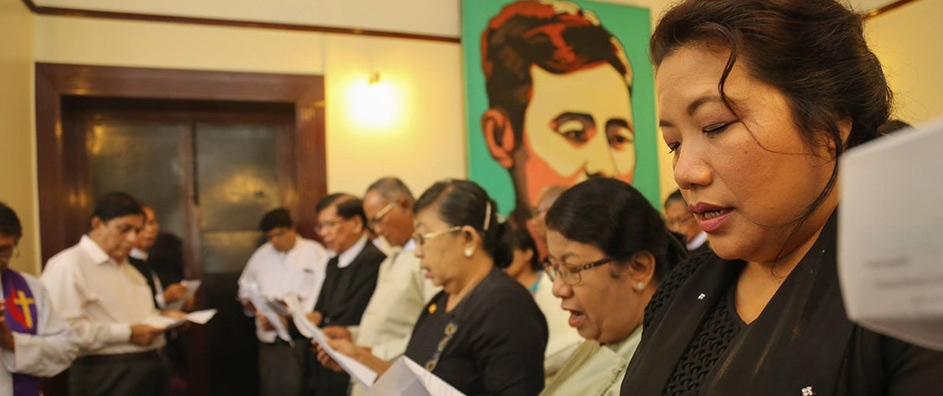
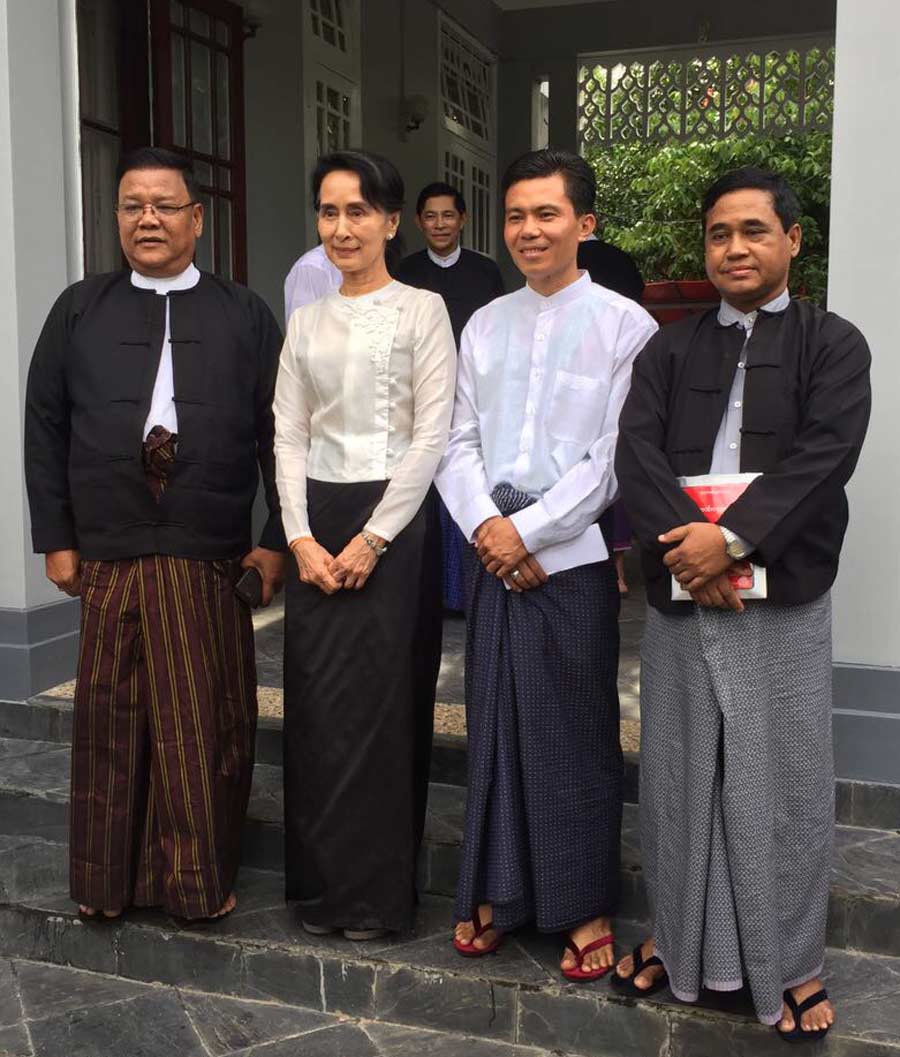


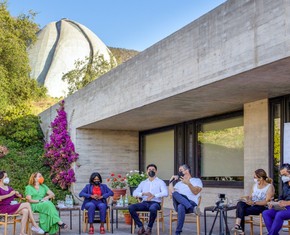
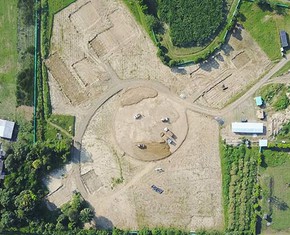









Comments
Sign in or create an account
Continue with Googleor